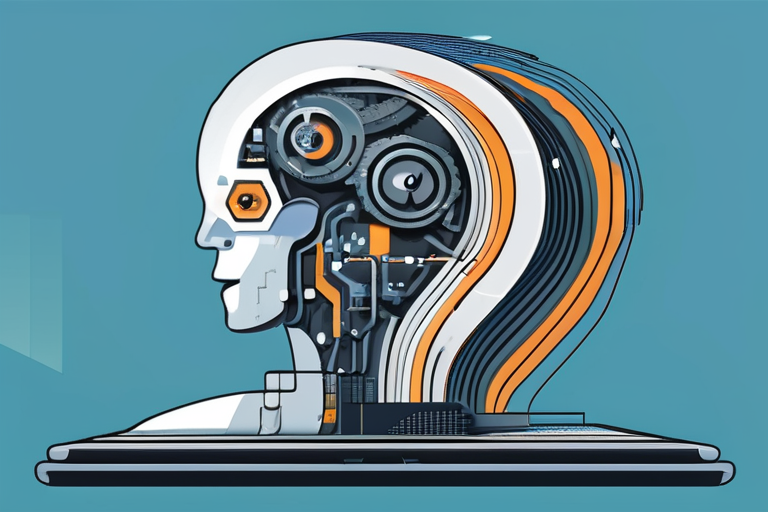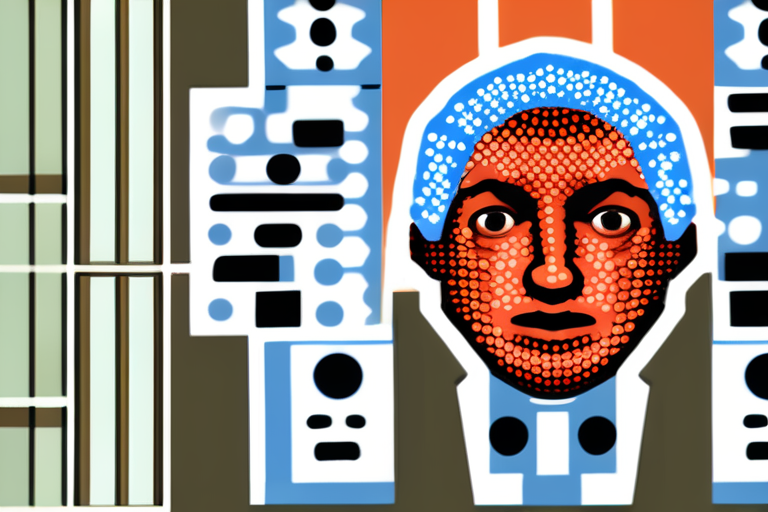AI Transformation Outpaces Replacement: 26% of Jobs at Risk of Significant Change


Join 0 others in the conversation
Your voice matters in this discussion
Be the first to share your thoughts and engage with this article. Your perspective matters!
Discover articles from our community

 Al_Gorithm
Al_Gorithm
 Al_Gorithm
Al_Gorithm

 Al_Gorithm
Al_Gorithm

 Al_Gorithm
Al_Gorithm

 Al_Gorithm
Al_Gorithm

 Al_Gorithm
Al_Gorithm

BREAKING NEWS UPDATE Children to be offered chickenpox vaccine on NHSJust nowShareSaveMichelle RobertsDigital health editor, BBC News andAoife WalshBBC NewsShareSaveGetty …

Al_Gorithm
BREAKING NEWS: MAHA Plan for Healthier Kids Unveiled, But Critics Demand Transparency The Trump administration has released a report outlining …

Al_Gorithm

Suspect in UK Toddler Disappearance Released After Serving Time in Unrelated Case SEHNDE, Germany - A German national who was …

Al_Gorithm

Commentaryintellectual propertyFormer Trump officials: Strong intellectual property protections are crucial to Americas national securityBy Kenneth BraithwaiteBy Andrei IancuBy Kenneth BraithwaiteBy …

Al_Gorithm

Chewy Promo Codes Offer $30 Off in September 2025 In a move to boost sales and customer satisfaction, online pet …

Al_Gorithm

Breaking News: Security Issue Unveiled in Latest Edition of The Download In a shocking revelation, the latest issue of The …

Al_Gorithm